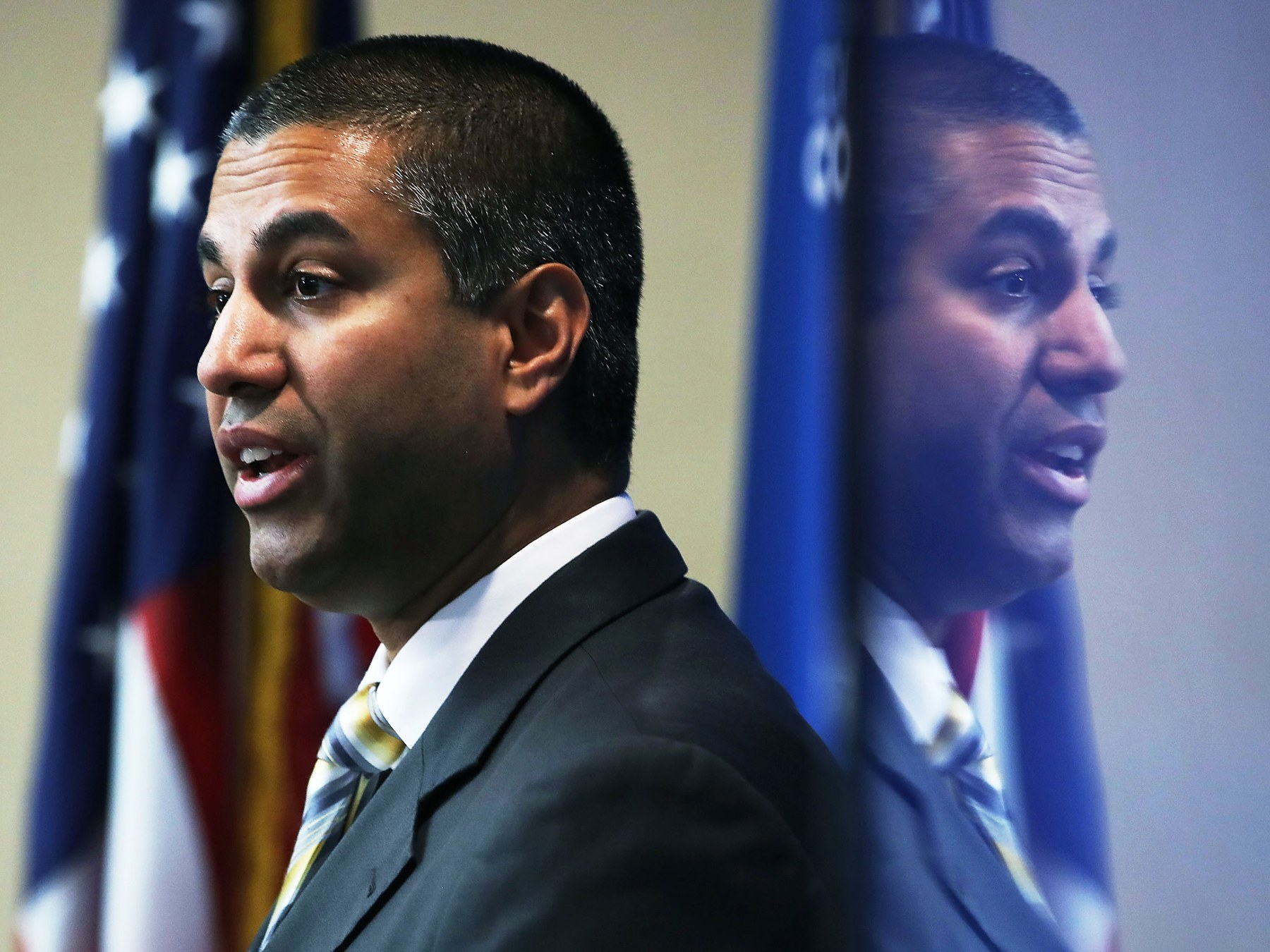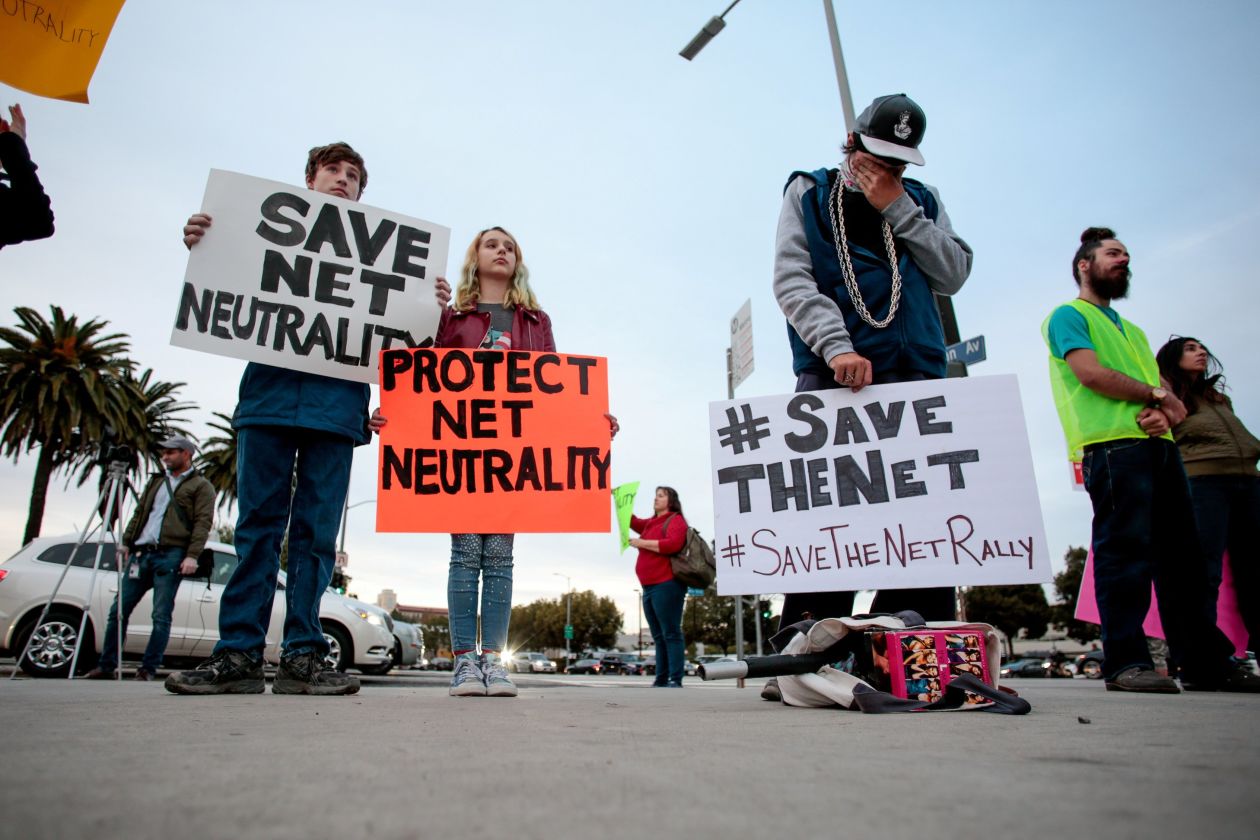
3 Jan 2001 | by Stephen Heins
To: Deborah Lathen, Erez Kalif, James Bird, Michele Ellison, Peter Friedman, Robert Cannon, Robert Pepper, Royce Dickens, Sherille Ismail, William Kennard
Date: January 3, 2001
Ladies and Gentlemen,
Please find a copy of an Ex Parte filing I made today. I would like to request a conference call with FISPA, TIPSA, and myself so that we could discuss in more detail the importance of “business-class services” for second and third tier communities.
Here it is:
FTC Conditional Approval of the AOL/Time-Warner Merger Does Not Provide Business-Class Services Open Access
January 3, 2001. Oshkosh, WI. In a December 8, 2000 Washington Post story, “No More Concessions, AOL. Time Warner tell U.S.” written by Alec Klein, it is reported that Time Warner will deny all ISPs including Earthlink the right to offer business-class services to their business customers. Another cable company, Adelphia, has the same provision in Vermont for its High Speed Internet offering which is “for home and family use.”
“While they deny unaffiliated ISPs the ability to sell to business customers, the ISP that Time-Warner owns or chooses will be able to do so,” Frank Tower, Managing Director of NorthNet in Oshkosh, WI, pointed out. “It is hard to imagine a more blatantly anti-competitive proposition or to image that the Federal regulators will be willing to going along with such a scheme.”
The problem has already been flagged by the National Association of Towns and Townships in their recent Federal Communications Commission filing, “What this means, as a result, is that small businesses and telecommuters will be unable to use the affiliated ISPs service up to the capability of the network.” In other words, a whole group of small to medium-sized populations will be forced to deal with a cable monopoly long after the AOL/Time-Warner merger is approved. Cities, businesses, and ISPs in second and third tier areas, which DSL cannot adequately serve, will not have competitive access to cable’s High Speed Internet.
Public promises from AOL/Time-Warner to the contrary, whole communities are essentially being told that they will not be allowed to have competitive business-class services passed by cable networks, although companies like Time-Warner’s subsidiary Roadrunner already advertises and sells to business customers. NorthNet owner David Willeford notes, “This is why NorthNet has been fighting so hard for a broad-based *non-discriminatory open access* provision in the FTC’s approval of the AOL/Time-Warner merger. NorthNet, with over 250 business customers many of which without alternative High Speed connections, believes that walling off the business market would have a devastating impact on many regions in the U.S. including northeastern Wisconsin.”
After watching the effect of a whole year of broken promises, Federal regulators should not need a reminder that Time-Warner has no intention of allowing unaffiliated Internet Service Providers to connect with their networks on a non-discriminatory basis. Now, all ISPs receive another slap in the face when it was revealed that Time-Warner is putting a new, anti-competitive and anti-consumer obstacle in the way of a comprehensive “Non-Discriminatory Open Access” national policy.
“This unpublicized restriction by Time-Warner’s new Term Sheet fits a pattern I have previously discussed in my two Open Letters to the FTC and FCC,” says Stephen Heins, Director of Marketing for North Net. “Frankly, this anti-competitive provision shows the future potential for other anti-consumer behavior by AOL/Time-Warner, unless the FCC mandates a level marketplace for all communities, businesses, and ISPs.”
Sincerely,
Steve Heins






